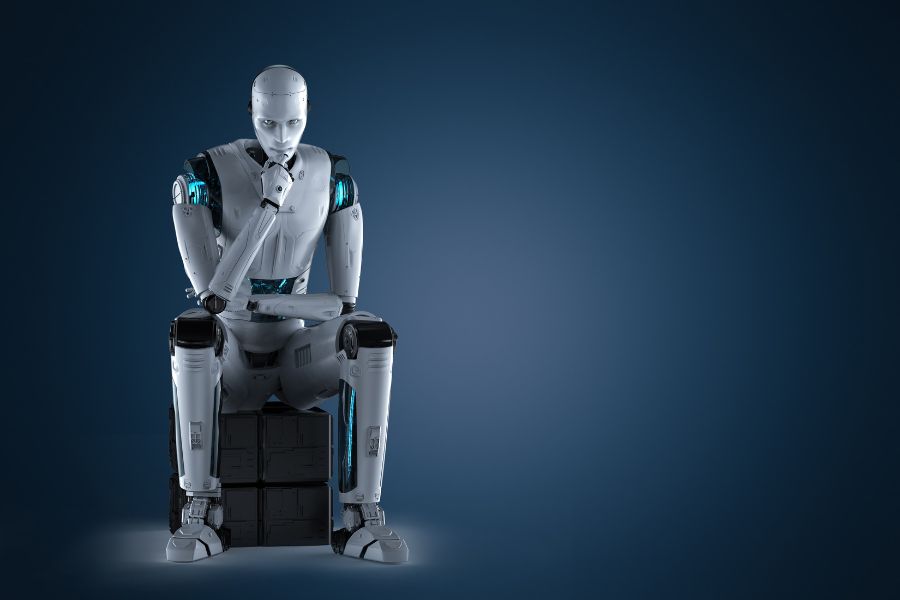As technology continues to advance, there is no denying that robots and artificial intelligence will play a significant role in the future of work. In fact, they are already having a significant impact on the job market, and many experts predict that the trend will only continue to accelerate.
The question, then, is what will happen when robots take over jobs? What will the future of work look like when humans are no longer the primary labor force?
The Rise of Automation
Automation is already transforming the job market, with robots and artificial intelligence being used to perform a wide range of tasks. From manufacturing and assembly line work to data analysis and customer service, robots are taking over jobs that were once performed by humans.
This trend is expected to continue, with experts predicting that up to 47% of all jobs in the US could be at risk of being automated within the next two decades. The impact of automation on the job market is a double-edged sword. On one hand, it will result in increased efficiency and productivity, freeing up workers to focus on more complex and creative tasks. On the other hand, it will also result in job losses, as many workers are replaced by machines.
The Impact on Employment
The rise of automation will undoubtedly have a profound impact on employment. Many workers will lose their jobs as a result of automation, and it is likely that many of these jobs will not be replaced by new ones. This is because robots and artificial intelligence are able to perform tasks faster, cheaper, and more accurately than humans, making them the preferred choice for many businesses.
However, it is not all doom and gloom for the job market. While some jobs will be lost, new ones will be created as well. For example, the rise of automation will increase the demand for workers with skills in areas such as artificial intelligence, robotics, and data analysis. It will also create new opportunities for entrepreneurs and small business owners, as they seek to capitalize on the trend.

The Future of Work
So, what will the future of work look like when robots take over jobs?
The answer to this question is complex, and there is no clear-cut solution. However, experts predict that the future of work will be characterized by a greater emphasis on creativity, critical thinking, and problem-solving skills. As robots become better at performing routine tasks, workers will be freed up to focus on more complex and challenging tasks that require a higher level of skill and expertise.
Additionally, the future of work will also be shaped by advances in technology, such as virtual and augmented reality, which will allow workers to perform their jobs from anywhere in the world. This will have a significant impact on the way we work, allowing for greater flexibility and work-life balance.
Preparing for the Future
As we move towards a future where robots take over jobs, it is important for workers to start preparing for the changes that are coming. This means developing new skills and expertise in areas such as artificial intelligence, robotics, and data analysis. It also means being proactive about seeking out new opportunities, whether through further education, entrepreneurship, or exploring new career paths.
Businesses, too, will need to adapt to the changing job market. This means investing in training and development programs that help workers develop the skills they need to thrive in the future of work. It also means embracing automation and artificial intelligence, using these technologies to improve productivity and efficiency while also creating new job opportunities.
Conclusion
In conclusion, the rise of automation will have a profound impact on the job market, but it is not all negative. While some jobs will be lost, new opportunities will be created as well, especially in areas such as artificial intelligence, robotics, and data analysis. The future of work will also be shaped by advances in technology, leading to greater creativity, critical thinking, and problem-solving skills. Workers and businesses must prepare for these changes by developing new skills and embracing automation.
